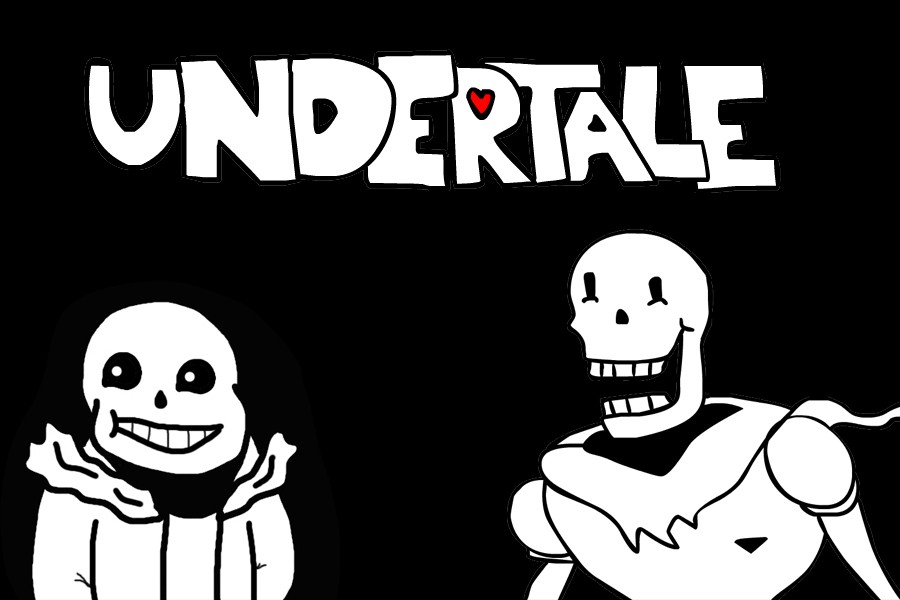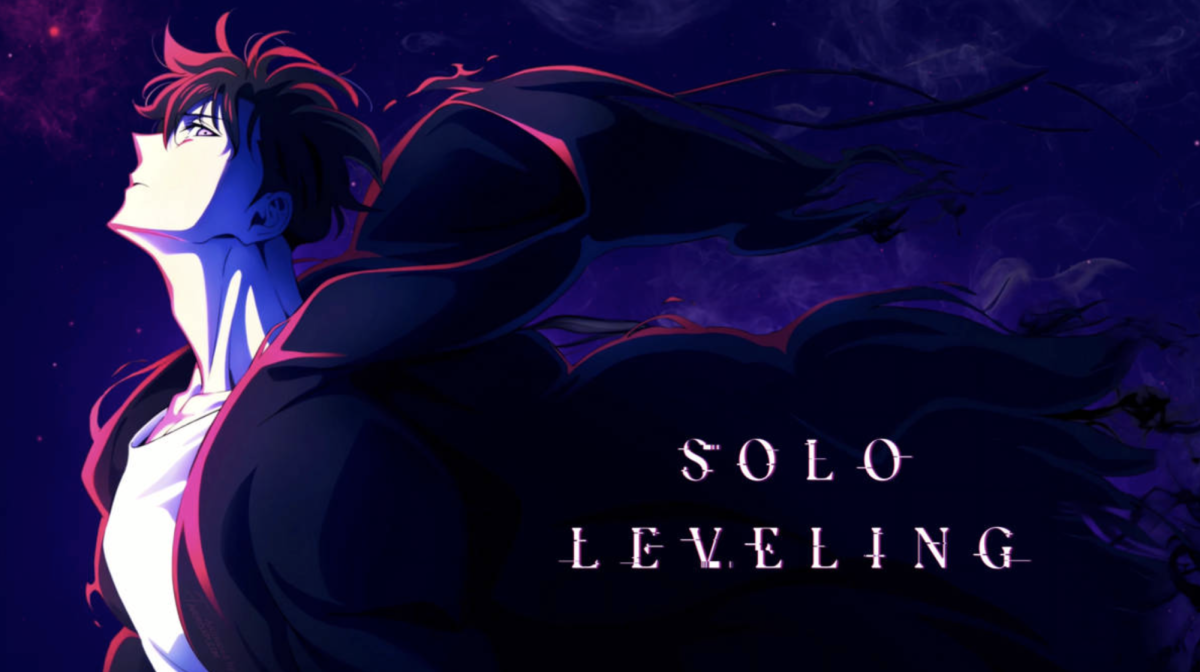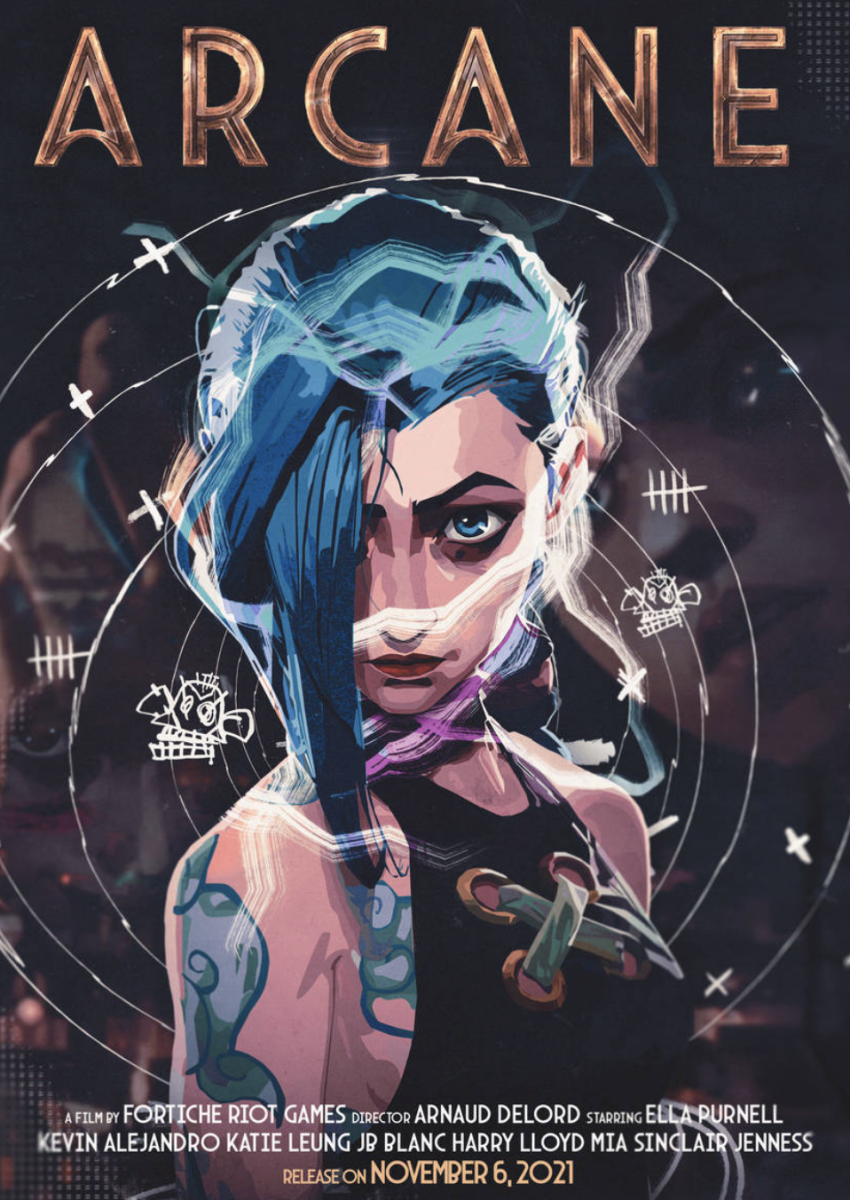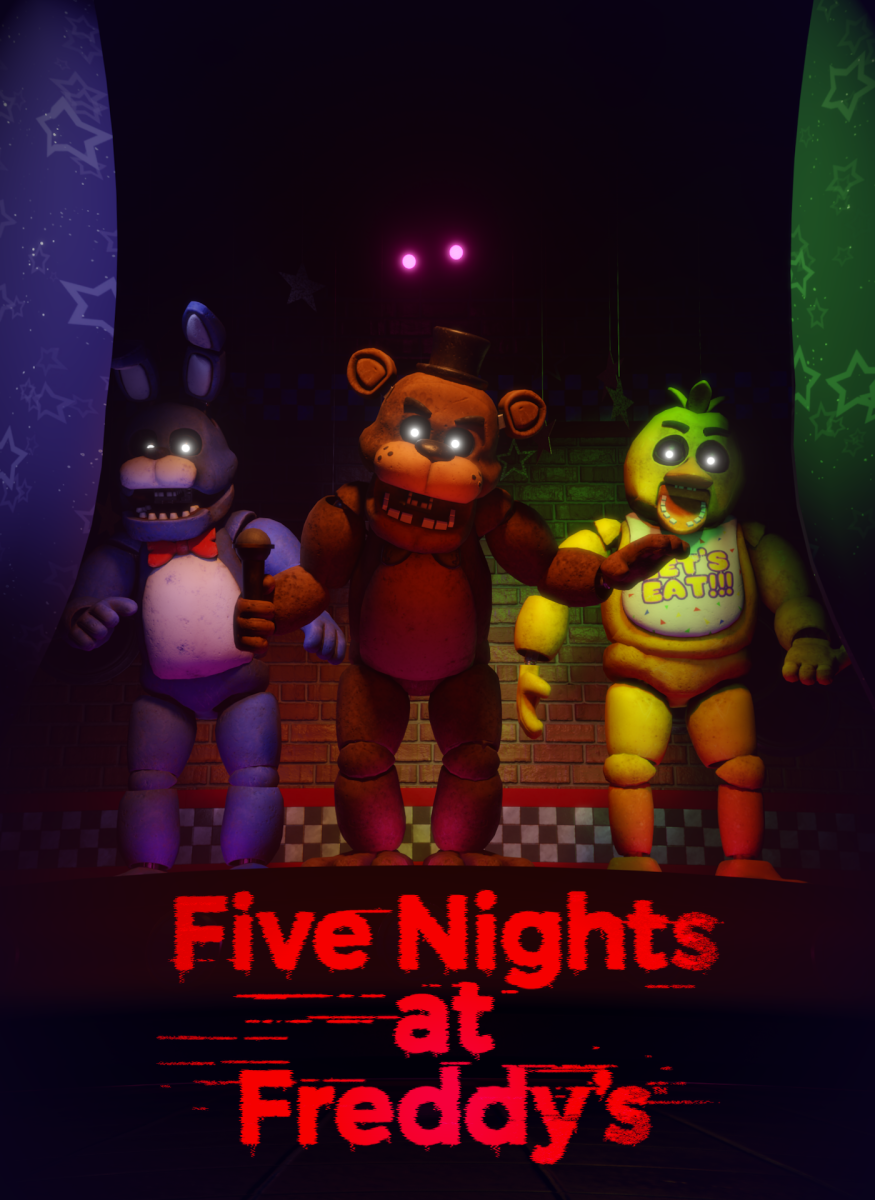The role playing games (RPGs) of the gaming industry have been pretty stale for the past years. Each game, more or less, contains the same bland aspects: a silent protagonist who needs to save the world/girl against all odds, an overwhelming amount of turn-by-turn battles and a stale, predictable storyline that will always end in a cliché happy ending. However, the game “Undertale” may act as the shining beacon of hope and innovation for the genre; its fresh, creative gameplay, charming humor and riveting plot allow it to be a smash hit and one of the most brilliant games of the year.
Undertale is owned by Toby Fox, the game developer who solely created and developed every line of code, pixel of art and piece of music for the indie game through the use of a free program known as GameMaker Studio. The game began as a Kickstarter that originally asked for $5,000, but ended up receiving around $50,000 in funds. Despite its unorthodox development compared to other mainstream games, 98% of Undertale’s 15,500 reviews on Steam are overwhelmingly positive, and it was nominated for “Best RPG of 2015” alongside games produced by huge gaming companies like Sony Computer Entertainment and Warner Bros Interactive.
At first glance, the basic plot of Undertale seems pretty generic: a human child falls into a world of monsters and must find their way out. But it’s not the storyline itself that makes the game great per se, but the player’s interactions with the game’s unique characters.
Throughout the game, the player will encounter several monsters. However, unlike all other RPGs, Undertale doesn’t force you to fight the monsters during the battles. Instead, it gives you the option to act, which if done correctly, allows you to spare the monster.
In addition, how the player must act in order to spare each monster is unique and based on the monster’s personality and characteristics. For instance, you might have to encourage a volcano, get into a flexing contest with a merman or even flirt with a skeleton.
Furthermore, Undertale is extremely unique in that the game’s storyline, ending and characters’ attitudes will all change and alter based on your decision to spare or kill certain monsters.
For example, players who consistently act and spare monsters will be able to fully enjoy the in-game universe as you grow increasingly attached to and form new bonds with each character and their unique, memorable personalities.
Inversely, players who consistently fight and kill monsters will find that the game’s characters become increasingly scared and hostile towards you. The game itself seems to be horrified and ashamed of your actions, and it’s a legitimately chilling experience to watch as dark thoughts fill your character’s mind, normally upbeat soundtracks slow to a depressing crawl and monsters cower and plead you for mercy.
In addition, Fox makes sure that players are able to truly feel the weight of their actions as some in-game characters can even remind them who they’ve killed in previous playthroughs.
In conclusion, it’s Undertale’s genius incorporation of in-game actions into its plot and storyline that makes it such a success. Undertale’s ability to make players actually care and think about the effect their actions in-game have on the storyline and its characters is simply phenomenal, and is only further strengthened by the game’s exceptionally creative writing.
Ultimately, Undertale is a fresh, exciting addition to an otherwise monotonous video game genre and is a must-have for gamers this holiday season.






















